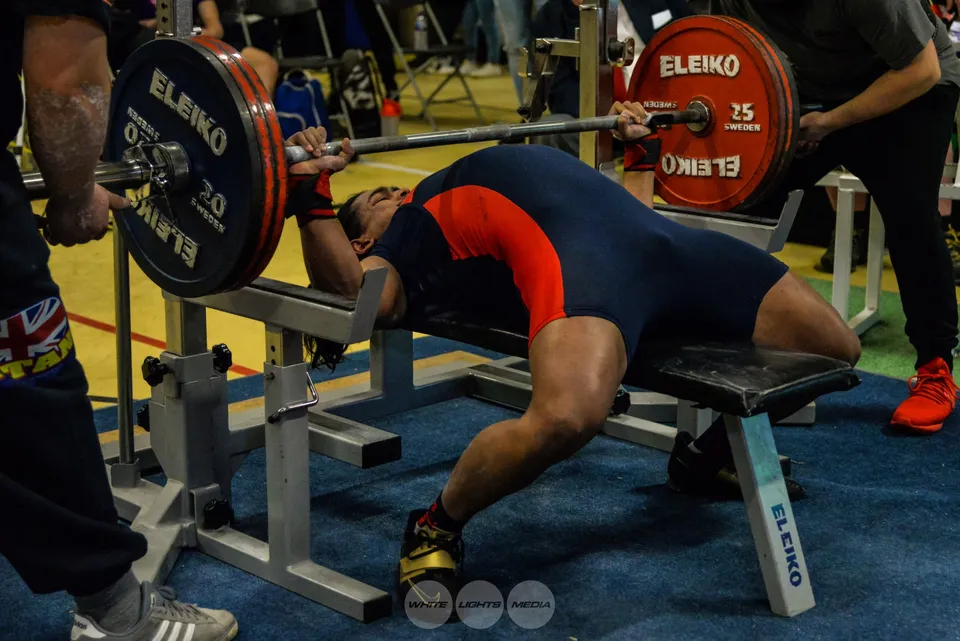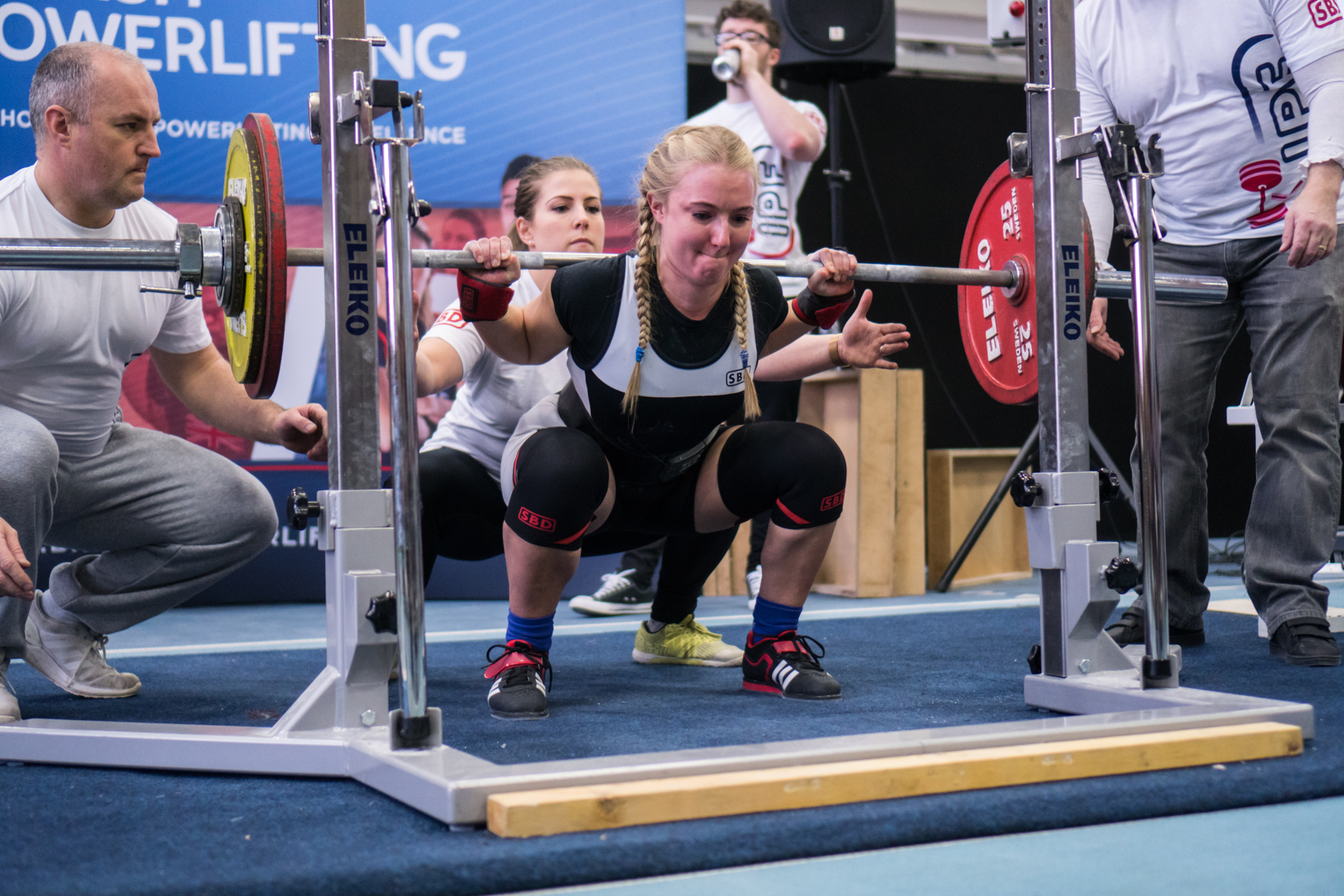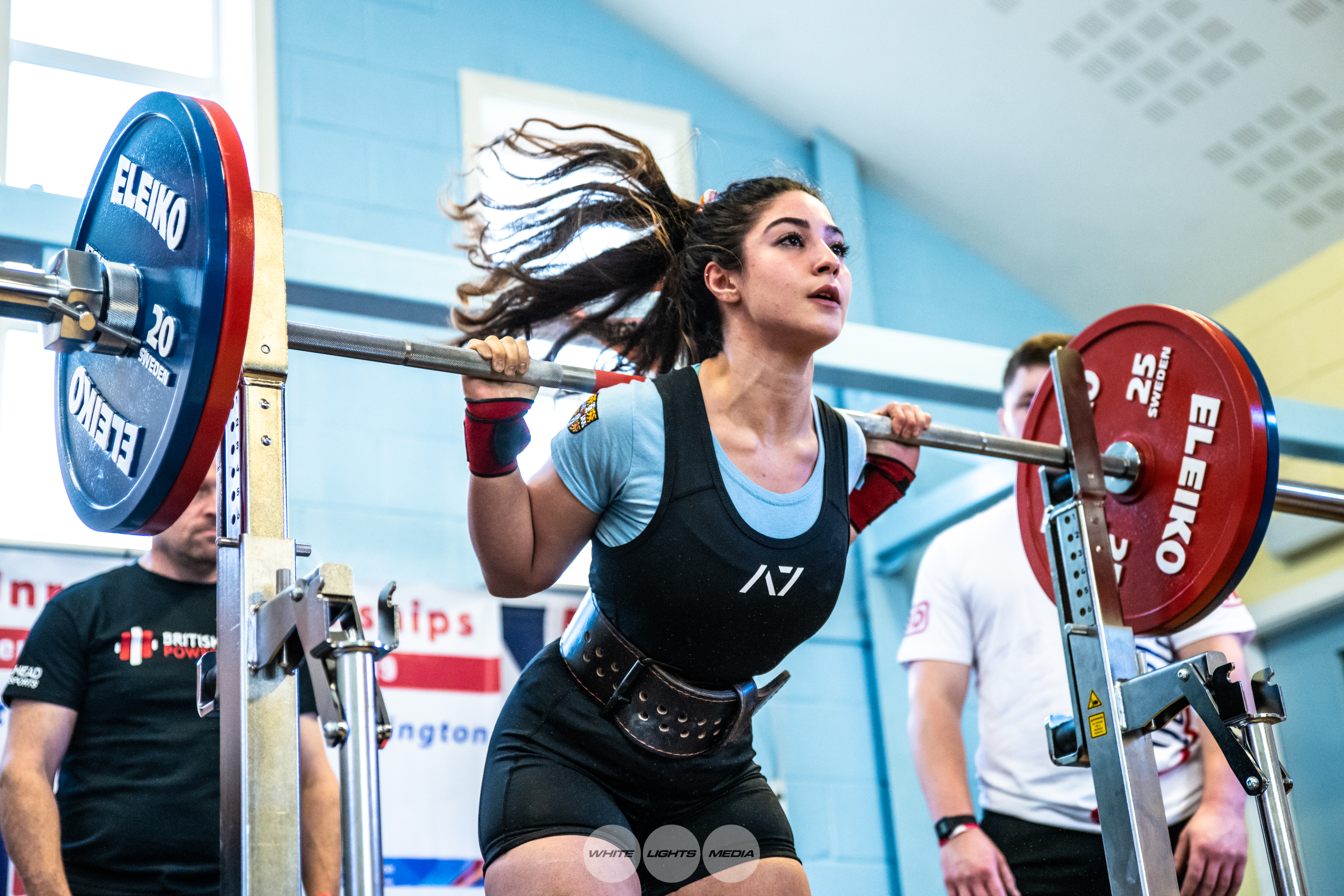About
The Cambridge University Powerlifting Club (CUPLC) was started by Phil Penketh in October 1982. Phil was a competitive Powerlifter with a charismatic personality, who came to Cambridge from Oxford to do a PhD. Starting with him, a small cadre of serious weight trainers formed around Phil, using the basement gym at Fenners (the original Cambridge University Gym). This was the birthplace of CUPLC.
Since then, the club has grown from a few friends in a dingy gym into a prestigious club with a yearly membership of close to 200 people. CUPLC is now one of the most established clubs at the University, having won 10 of the past 10 Oxford Versus Cambridge Varsity Matches, and with a membership that grows year on year. Our members are passionate about being involved in this sport at all levels, from novices who are just starting out in powerlifting, to multiple national champions and several members who have competed for Great Britain on the international stage.
Being part of CUPLC means being part of a diverse and encouraging community, where each member is supported regardless of where they are in their strength training journey. We pride ourselves on creating an inclusive environment that propagates the sport to a spectrum of individuals, from those who view it as a casual leisure activity, to highly competitive, dedicated athletes. Our club strives to consistently mentor our beginner and intermediate level powerlifters, and aims to provide a supportive and caring environment where people can grow and learn more about strength sports. Whether it’s your first time lifting weights or if you’ve been lifting for a lifetime, we would love to have you as part of our community!
Resources
We appreciate that the amount of information thrown at you when you first start powerlifting may be overwhelming. We’ve therefore written some information about some of powerlifting’s key principles so you may come back to it in your own time. There’s a lot here, organised in a suggested reading order, along with links to external resources. Thanks to ex-webmaster Steve for putting a lot of this together. If you find the information on this page useful, we think you’d probably also gain a lot from joining the club.
Technique
Powerlifting is by no means the most technical sport out there, but is also not mindless. As a bare minimum, one should strive to have sufficiently good technique so as to not injure themselves while training. Beyond this, further weight may be lifted may be unlocked through constant work refining of technique, alongside neurological strength gains and physical hypertrophic gains.
Programming
People usually start off with a ‘cookie cutter’ program, of which we recommend several good options we’ve tried ourselves. These however can’t work forever, as one becomes a more intermediate lifter. We go on to outline the key training variables behind a good program, and how one could write and structure their own programs for more specific goals as they become more advanced. Also check out our pages on finding your maximum recoverable volume and addressing weak points.
Nutrition
Gains are famously ‘made in the kitchen’. Here we describe how precisely this works, and what variables one has at their disposal to control here. We like to think about this as a pyramid - some variables are more important than others. There’s no point worrying about your vitamin levels if you’re not eating enough to satisfactorily recover.
Recovery
Muscle tissue is damaged through training, and can only repair and adapt to be stronger when provided sufficient ability to recover. Nutrition plays a key role in recovery, but is not the only factor. Sleep and stress are both known to have important effects on the body’s regenerative processes. There are also several other less extensively researched interventions that may aid or hinder recovery.
Equipment
The bar to entry is relatively low in powerlifting. You can start out with just a gym membership, and your usual gym clothes. As you progress, you’ll probably want to acquire several bits of kit to help increase tightness and reduce energy leaks, ensuring your force is being transferred into the bar as effeicently as possible.
Competition Advice
Competing for the first time sounds an intimidating endeavour, but it shouldn’t be. Here we outline how to prepare for a competition in the weeks and days leading up to it, as well as things to keep in mind and bring on the day itself.





